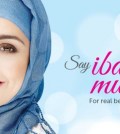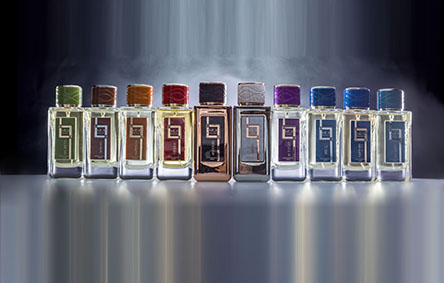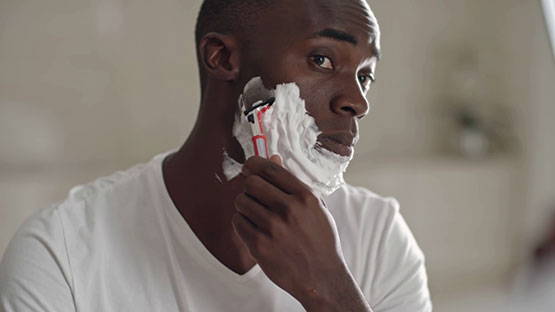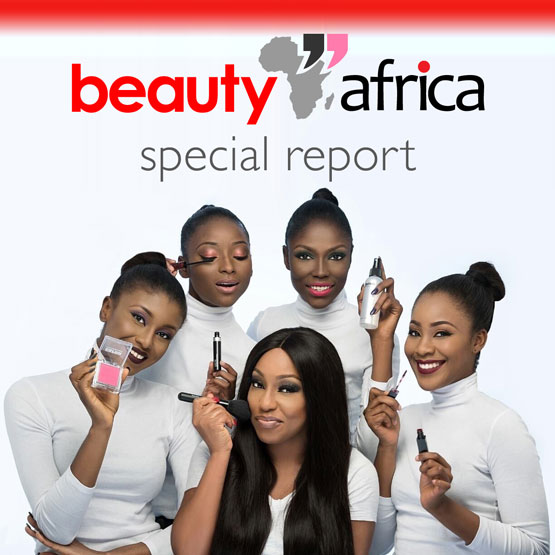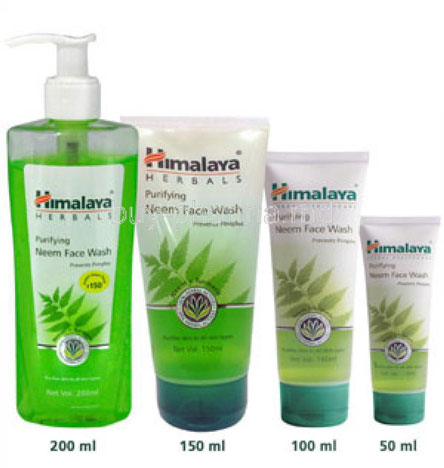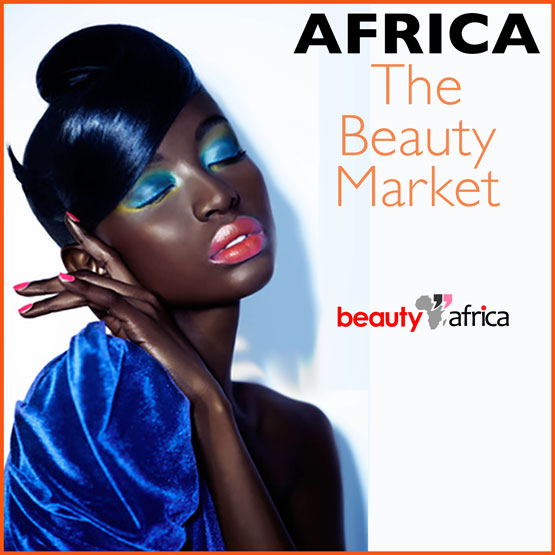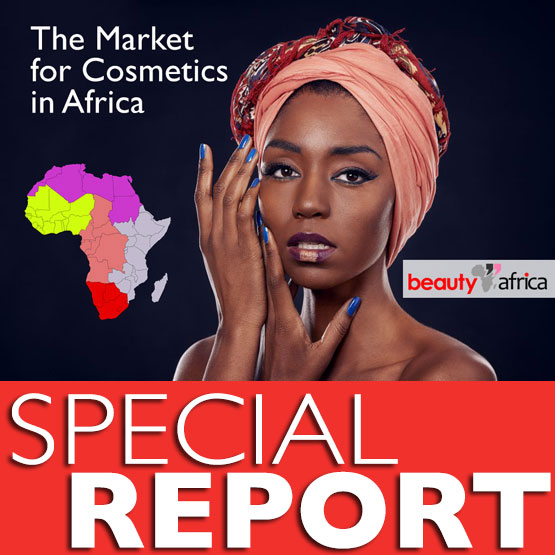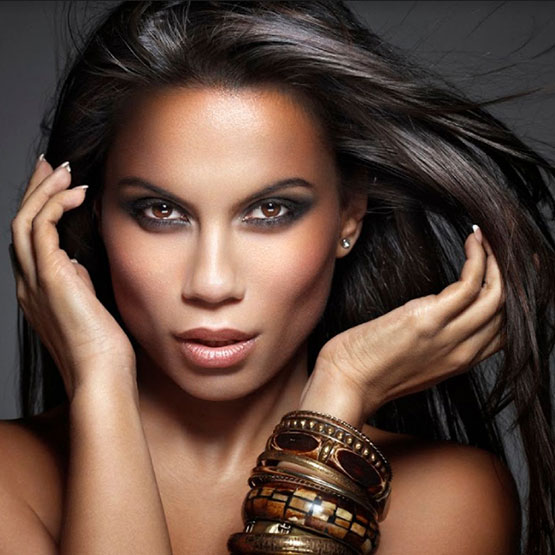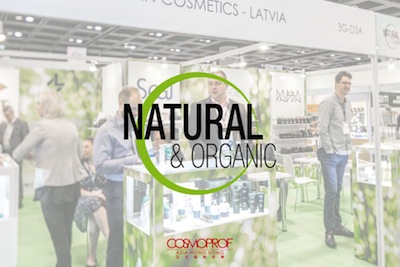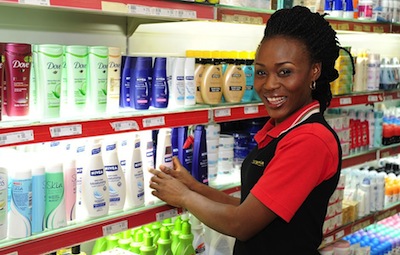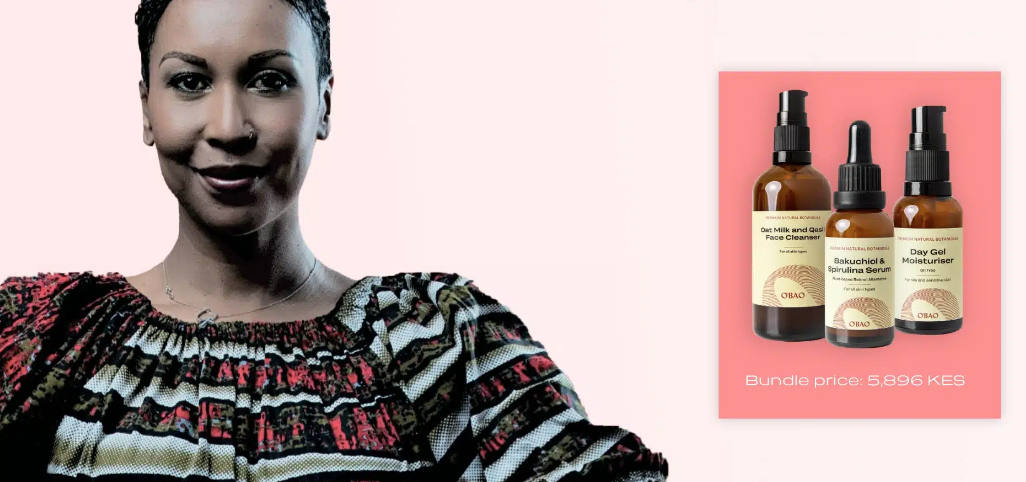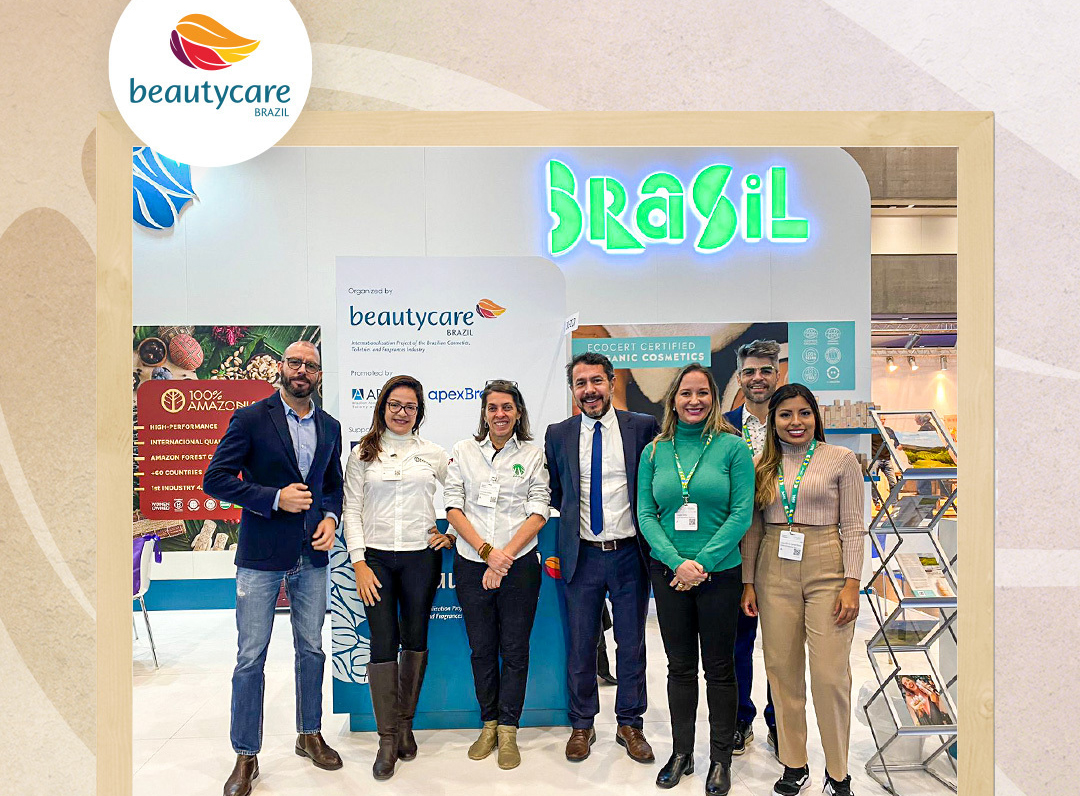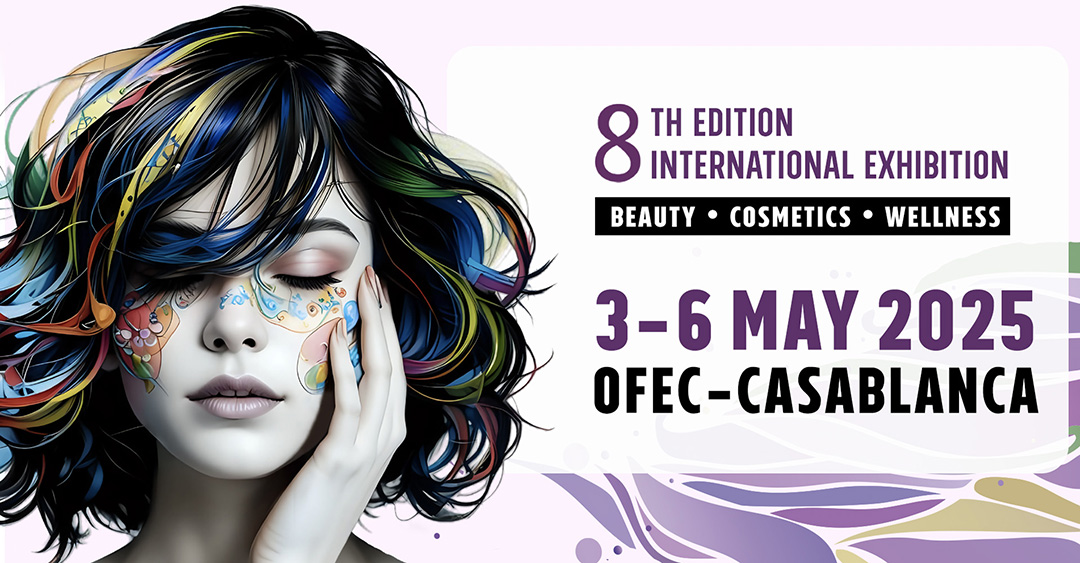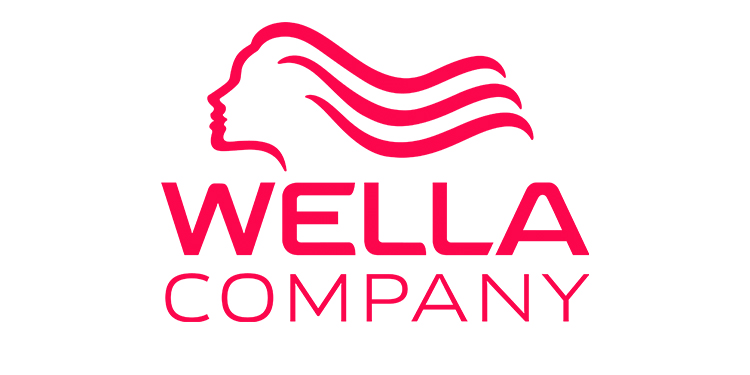The Market for Beauty Products in Africa
The market for beauty and personal care in Africa is growing due to the growing focus on Afrocentric needs. As African countries get more urban, they're attracting more beauty and personal care markets. Beauty requirements of different regions vary due to different consumer preferences. Likewise, market players that are entering the African market are emphasizing the production of personal care and beauty products for Africans. Global brands like Loreal have tapped the African beauty and personal care market by not offering Western or Asian products in the region. Other global brands are also highlighting this important factor to enhance their ability to capture the African market. Hence, meeting Afrocentric requirements will drive the Africa beauty and personal care market growth during the forecast period.
In the period between 2023 and 2030, Africa's Beauty and Personal Care market is expected to grow by 7.5 percent. The market size is forecast to increase by US$7 billion.
The emergence of beauty and personal care products with natural ingredients is the key trend in the Africa beauty and personal care market. Growing health consciousness and awareness of the harmful effects of harmful chemicals used in beauty and personal care products has driven the demand for products containing natural ingredients. African consumers are looking for less harmful products with low chemical ingredients. As a result, some African beauty and personal care market players are focusing on producing beauty and personal care products that are free of parabens, toluene, formaldehyde, artificial fragrances, dibutyl phthalate (DBP), petroleum-based chemicals, butylated hydroxyanisole (BHA) and sulfate.
Furthermore, manufacturers of hair care products and color cosmetics are focusing on developing products with natural ingredients to attract more customers. Therefore, affordability is an important parameter to keep in mind as African consumers are very price sensitive. Hence, these trends will boost the growth of the Africa beauty and personal care market.
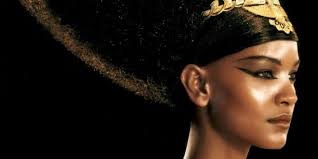
Demand for Beauty And Personal Care Products in Africa
The adverse health effects of synthetic chemicals used in beauty and personal care products are the challenges that affect the growth of the Africa beauty and personal care market. Many beauty and personal care products contain synthetic chemicals such as benzoyl peroxide, triclosan, parabens, paraphenylenediamine, hydroquinone, sulfates, fragrances, resorcinol, synthetic dyes, petroleum, methylisothiazolinone, and phthalates. The harmful effects of this toxic chemical used in beauty and personal care products have forced customers to prioritize safety over other aspects. The growing awareness of the side effects of synthetic chemicals in beauty and personal care products is a major challenge for the Africa beauty and personal care market.
Moreover, in Africa, the governments of many countries (including South Africa, Nigeria, and the Republic of Ivory Coast) have banned skin-lightening creams, whitening lotions, and bleaching products for many years. These products have attracted many African consumers for skin whitening. The idea behind this ban is to protect citizens from dangerous side effects caused by the toxic ingredients used in these products. Therefore, these factors are expected to impede the growth of the Africa beauty and personal care market.
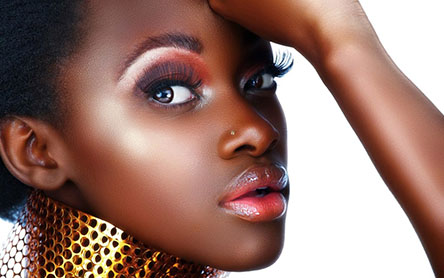
Africa Beauty and Personal Care Market
The skincare segment is estimated to witness significant growth in the coming years. Consumers are increasingly interested in buying skin care products for their skin and as a result, the demand for skin care products in the African continent is increasing. House of Tara International, a Nigerian company specializing in skincare and beauty products for women of color, is an example of a successful skincare brand in Africa.
Skincare brands such as The Body Shop, run by Body Shop International Ltd (Body Shop International), have capitalized on this trend by incorporating African ingredients into their product lines, fueling the growth of the skincare segment in Africa. In addition to these established brands, there has been an increase in the popularity of local skincare brands in Africa. One such brand is The Ordinary from South Africa which is known for its simple and affordable formula, Therefore, such factors are expected to increase the demand for skincare products, which will boost the growth of the skincare segment in the African beauty and personal care market during the forecast period.
The hair care segment in the Africa beauty and personal care market is growing rapidly and evolving. Many consumers are becoming aware of their hair health and are investing in more hair care products and treatments, because of this the demand for hair care products is growing in the region. An example of a successful brand in the hair care segment in Africa is Shea Moisture, operated by Sundial Brands LLC (Sundial Brands). In addition, the hair care segment also includes local and regional market players that have become popular among consumers. These brands understand the diverse hair types and textures found in Africa and offer products that meet specific hair needs. Therefore, these factors will propel the growth of the Africa beauty and personal care market during the forecast period.




